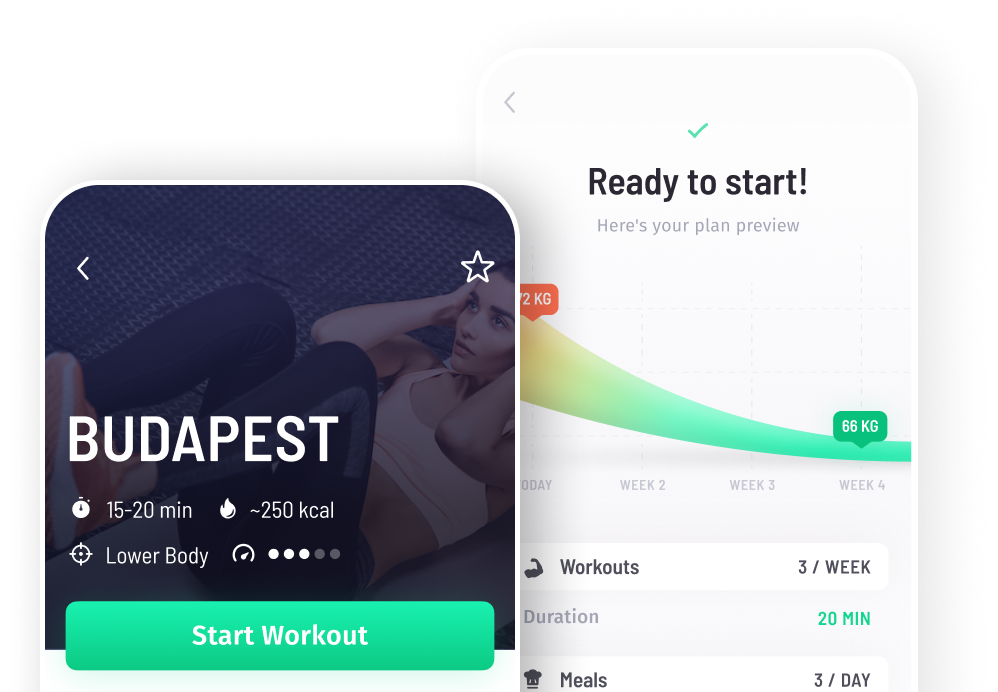Fasting – or going without food, usually for a day – is touted by many as a miracle cure, offering an endless list of health benefits from clearer skin to a detoxified digestive system, improved cell regeneration and steady weight loss, not to mention a longer life. Assuming you are drinking water during the fast, it is also known as a water fast.
What is dry fasting?
The ‘dry’ in dry fasting refers to the absence of water. During a dry fast day, not only do you abstain from eating but also from drinking – yes, even water. Proponents of dry fasting claim that just one day of dry fasting can bring health-giving effects equivalent to three whole days of normal fasting.
Is dry fasting healthy?
 The jury is out as to whether dry fasting really brings any benefits that couldn’t be otherwise achieved by a healthy diet in the long term. What is certain however, is that dry fasting should not be carried out over a full 24 hours. It is advisable to do what is known as ‘intermittent’ fasting: dividing the day into one longer stretch of fasting, and one shorter stretch during which you can drink, and eat small quantities of food if you wish to. If you are just starting out, try a 16-hour period of fasting accompanied by an 8-hour period in which you can eat and drink. If you are not new to fasting, you can try a ratio of 20/4: 20 hours without food or water, and four hours in which to take on water (and eat if you wish).
The jury is out as to whether dry fasting really brings any benefits that couldn’t be otherwise achieved by a healthy diet in the long term. What is certain however, is that dry fasting should not be carried out over a full 24 hours. It is advisable to do what is known as ‘intermittent’ fasting: dividing the day into one longer stretch of fasting, and one shorter stretch during which you can drink, and eat small quantities of food if you wish to. If you are just starting out, try a 16-hour period of fasting accompanied by an 8-hour period in which you can eat and drink. If you are not new to fasting, you can try a ratio of 20/4: 20 hours without food or water, and four hours in which to take on water (and eat if you wish).
Read also: Why hydration is important?
What is the difference between a hard dry fast and a soft dry fast?
The terms ‘hard’ and ‘soft’ refer to how strict the fast is in terms of its approach to water. In a soft dry fast, for the period during which you are fasting you would eat nothing and drink nothing. A hard dry fast however is even stricter with regard to contact with water. In a hard dry fast, during the period of fasting you would not brush your teeth, wash your hands, shower or undertake any activity that would bring you into contact with water.
Water fasting is unlikely to do you any harm but if you are planning to undertake any form of fasting and are uncertain if it is compatible with your health status ALWAYS consult a physician before doing so.
Did you enjoy this article? Share it!

